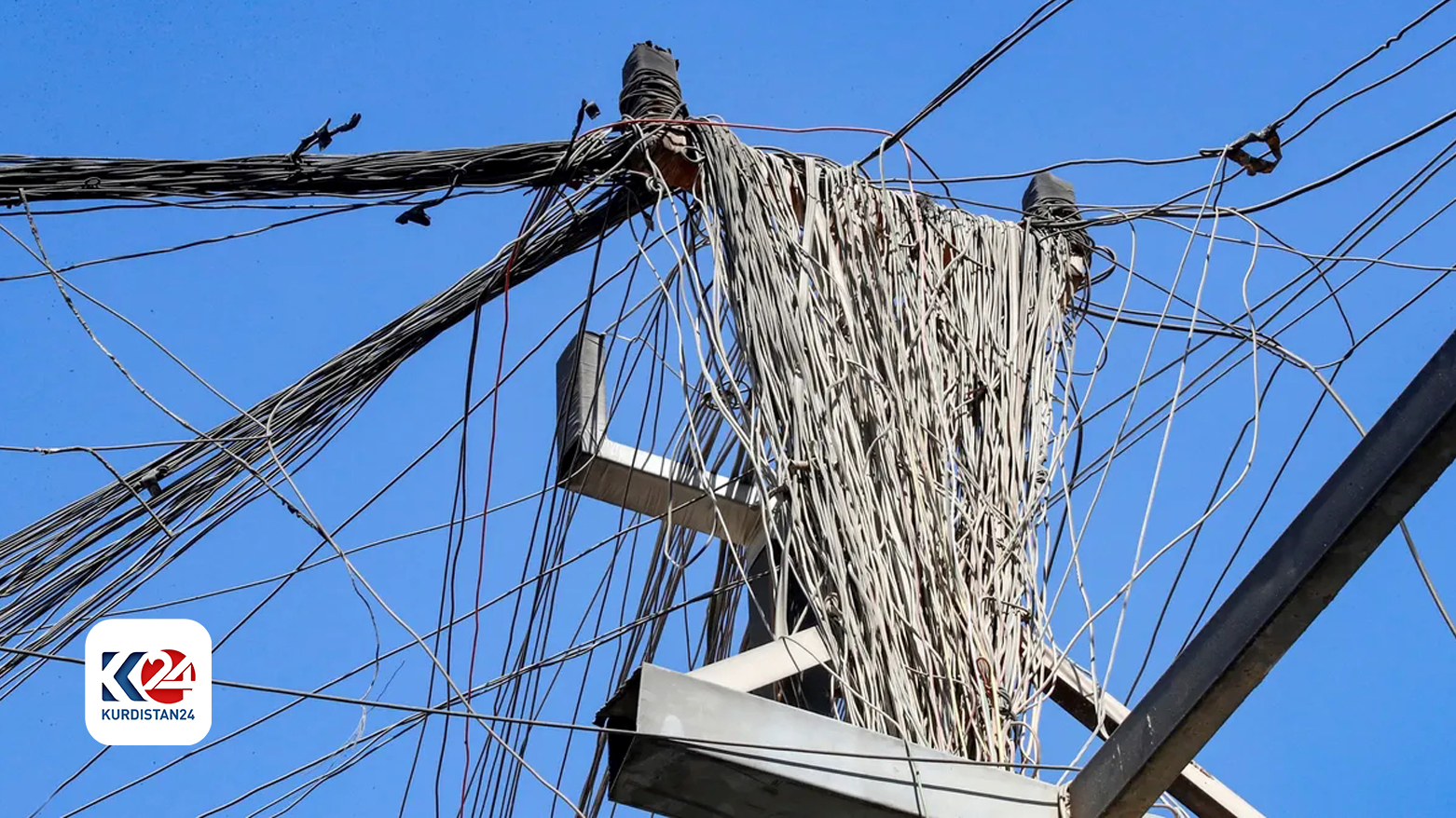Iraqi adviser blames corruption for electricity sector collapse
Fadi al-Shamari, political adviser to Prime Minister Mohammed Shia al-Sudani, criticized the pervasive corruption within the electricity sector and highlighted the inadequate supply of electricity to southern and central provinces.

ERBIL (Kurdistan24) - An adviser to the Iraqi prime minister has attributed the collapse of the country's electricity sector to corruption, despite an annual expenditure of $16 billion on the sector, with no resolution to the ongoing problems.
Fadi al-Shamari, political adviser to Prime Minister Mohammed Shia al-Sudani, criticized the pervasive corruption within the electricity sector and highlighted the inadequate supply of electricity to southern and central provinces.
“Corruption is the sole cause of the collapse of the Iraqi electricity sector. Neither Iran nor the United States is responsible,” al-Shamari stated. He emphasized that the substantial $16 billion annual spending on electricity has failed to address the persistent shortage issues.
Al-Shamari revealed that $11 billion is spent annually on 58 percent of wasted electricity. “The persistent shortage and poor supply have left citizens exhausted and concerned,” he said, noting that the Ministry of Electricity lacks a concrete plan to address the crisis.
He also mentioned that while the Ministry of Electricity and related authorities claim to have prepared over 400 projects to improve electricity distribution, each project will take at least two years to complete.
Al-Shamari suggested that privatizing the electricity sector might be a viable solution to the shortage problem. He cited the example of Baghdad's Zayouna area, where electricity consumption decreased from 51 megawatts in four hours to 21 megawatts in twenty-four hours after privatization.
The electricity crisis in Iraq is exacerbated by factors such as insufficient fuel for power plants, reduced production, increased power outages, and higher daily electricity consumption, particularly during the hot summer months. Recently, residents of al-Diwaniyah and Najaf provinces have protested by blocking main roads due to the ongoing lack of services and frequent power outages.
